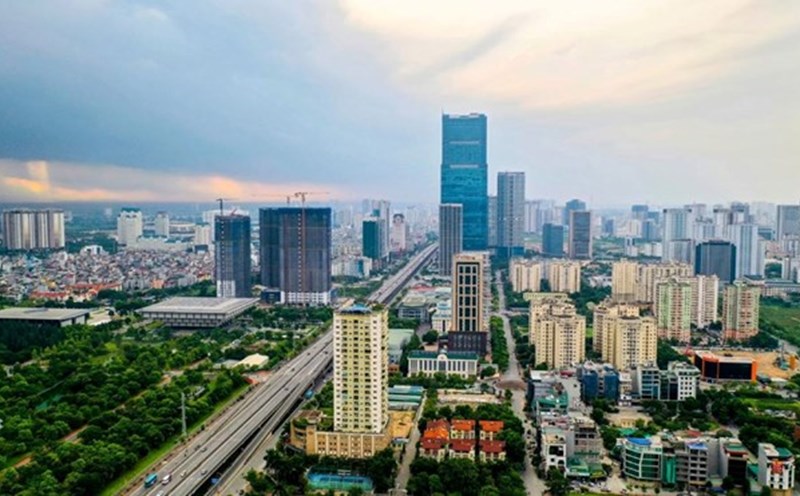According to Dr. Arvinder Singh Chillana, Director - General Surgery, Fortis Hospital, Shalimar Bagh (India), herniation is a condition in which abdominal tissue flows through weak muscles or scars from previous surgery, causing unpleasant symptoms such as heartburn, shortness of breath and shortness of breath. If not controlled promptly, the disease can progress and cause serious complications. However, there are some ways you can take this condition to manage and prevent complications.
Quit smoking
Smoking can weaken muscles and tissues, making herniation more likely to occur or get worse. Smoking also increases the risk of coughing, leading to increased pressure in the abdomen, which can increase the size of the hernia. Therefore, quitting smoking will help reduce pressure in the abdomen and slow down the process of herniation.
Maintain a reasonable weight
Excess body weight will put more pressure on muscles and tissues, making herniation worse. Obesity increases belly fat, puts constant pressure on the abdomen and can worsen herniation. Therefore, maintaining a reasonable weight is very important to control the disease.
Avoid lifting heavy objects
People with herniated condition should avoid lifting heavy objects or engaging in strenuous activities that can put pressure on the affected abdomen. Raising heavy objects or engaging in high-intensity exercises can make herniation worse. Before starting any exercise, patients need to consult a doctor to ensure safety.
Practice yoga exercises
Yoga can help strengthen the abdominal muscles and improve body strength, helping to control herniated diseases. Yoga poses such as butterfly pose, boat pose and cat-and-go pose are helpful exercises. However, you need to consult a yoga professional to ensure that the movements are done properly, because the wrong exercises can make her herniation worse.
Avoid foods that cause bloating
Foods that cause bloating can increase the pressure inside the abdomen, which is not beneficial for patients with herniated herbs. At the same time, digestive problems such as constipation can also put pressure on the abdomen and worsen herniation. Patients should eat a healthy diet, rich in fiber, drink enough water and exercise regularly to improve digestion and prevent constipation.
Post-operative care
In some cases, surgery is necessary to repair herniated gland and prevent complications. After surgery, patients need to follow the surgeon's advice and perform activities slowly. This helps ensure a smooth recovery process and prevent herniation from recurring.











